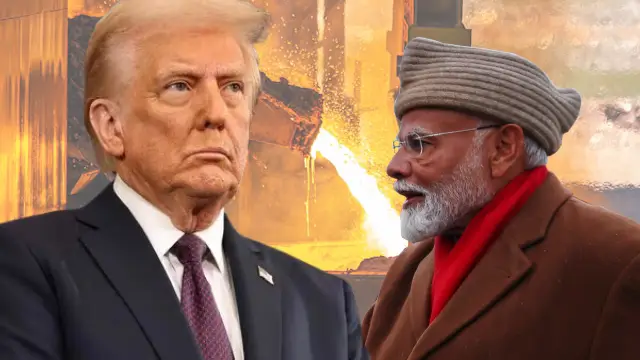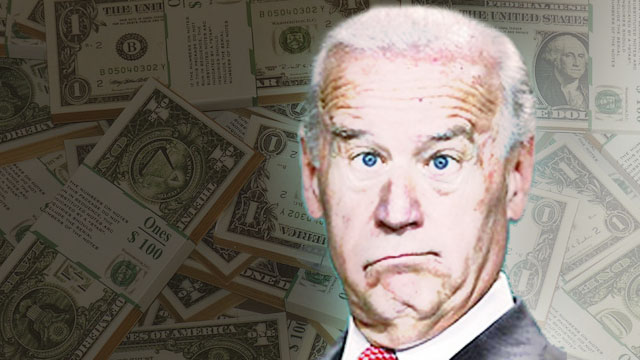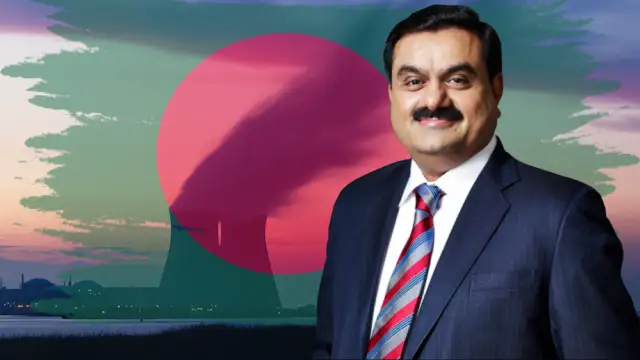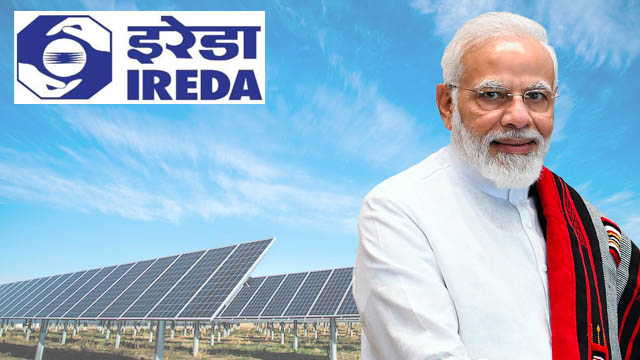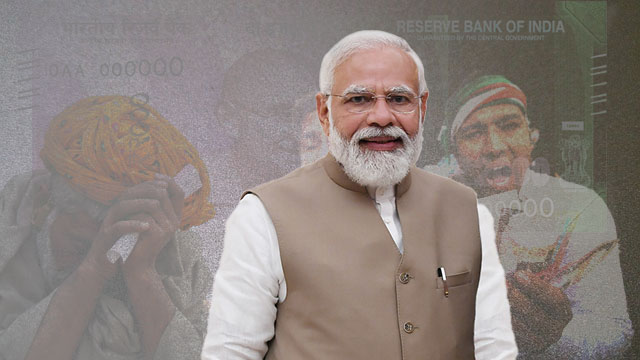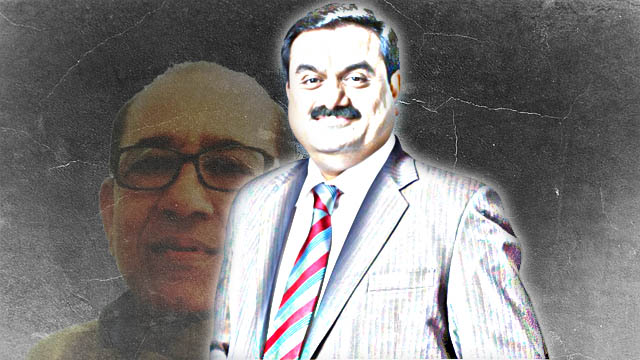Upon his return as the new president of the United States, Donald Trump has threatened to impose a 25% tariff on steel imports and around 10% on aluminium imports, reflecting his conservative economic policies. The potential increase in Trump’s steel import tariffs has left Indian steel producers deeply concerned.
Fears of losing the American market and the rising influx of steel imports into the domestic market have left the Indian steel industry anxious about significant business losses.
Indian steel exporters are now pinning their hopes on the upcoming bilateral meeting between Prime Minister Narendra Modi and Mr Trump on February 12th-13th.
Mr Modi often cites their camaraderie as an example. Can Mr Modi leverage this friendship, especially in light of India’s ongoing military preparations against their common rival, China, to bring about changes in American import policies for Indian businesses? This is the question being pondered by economists and business circles alike.
Following the announcement of the American steel import tariff hike, shares of India’s major steel-producing companies, such as Steel Authority of India Limited (SAIL), Tata Iron and Steel Company (TISCO), and JSW, took a hit in the stock market.
On the BSE, SAIL’s share price fell by 4.67%, TISCO’s by 3.11%, and JSW’s by 2.2%. This trend was not limited to India but was observed across Asian markets.
The surge in steel imports from China has become a thorn in the side for Indian steel manufacturers. From January to July 2024, steel imports from China to India increased by 80%, with a record 1.61m metric tonnes of steel imported during this period.
If the American market closes its doors to China, cheap Chinese steel could flood the Indian market, further crippling the domestic steel industry, as warned by the Indian Steel Association (ISA).
During his first term, Mr Trump imposed a 25% tariff on steel imports and a 10% tariff on certain aluminium products. In 2019, in response to American import tariffs and the removal of India from the list of developing nations, the second Modi government raised tariffs on 28 American products.
However, during Joe Biden’s administration, particularly after Mr Modi’s first state visit to America in June 2023, India withdrew all import tariffs.
Now, Mr Trump is turning the wheel of history back to the same point. Steel producers across India, Asia, and the world are deeply concerned about falling share prices.
While countries like Canada, the European Union, and Mexico have criticised Mr Trump’s decision to raise steel import tariffs, India, despite facing potential losses, has remained silent.
The Modi government aims to work on the foundation of Mr Trump’s support and has no intention of upsetting the Trump administration.
As a result, India is refraining from making any strong statements on the issue until Mr Modi’s American visit and meeting with Mr Trump on February 12th-13th.
Whether Mr Modi’s meeting with Mr Trump will lead to a change in the decision on steel import tariffs for India remains to be seen.

